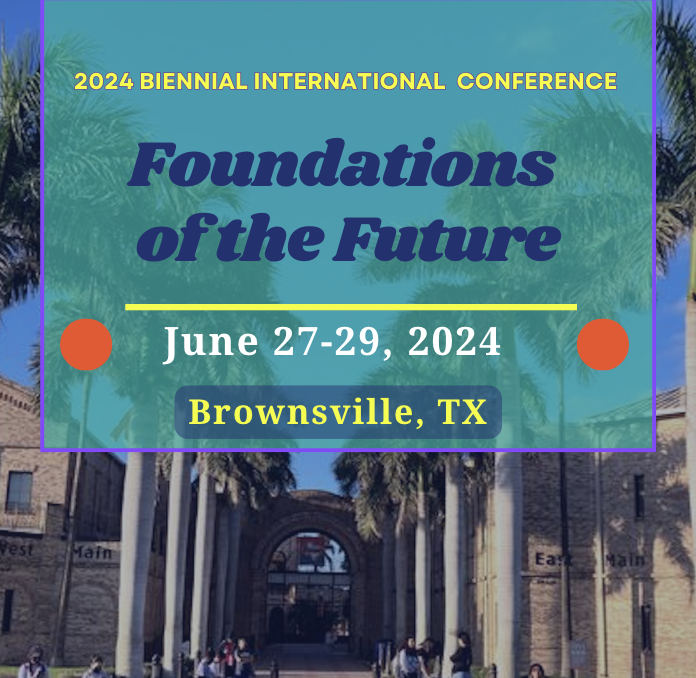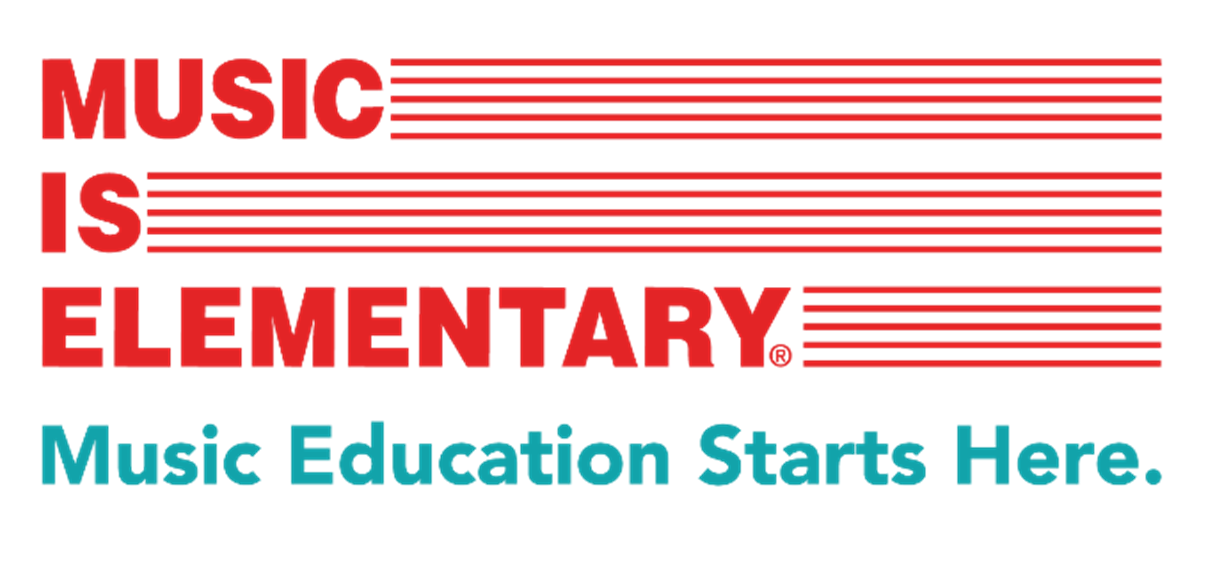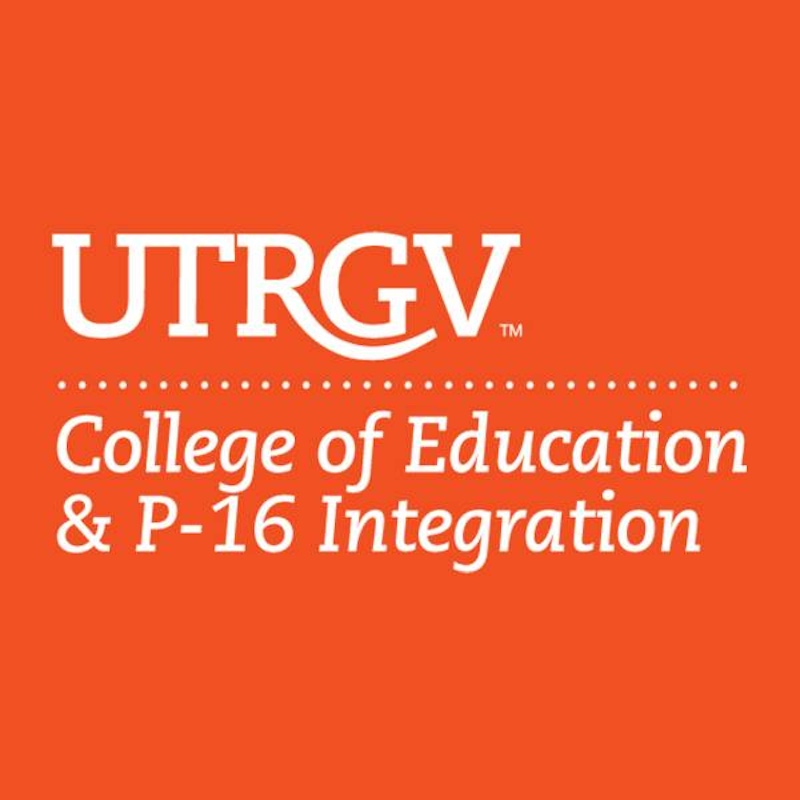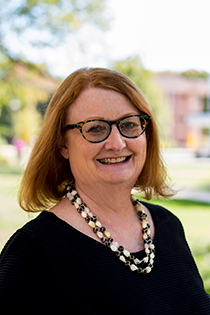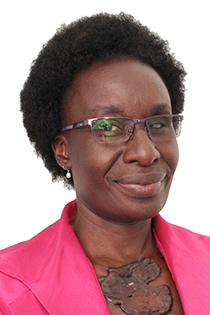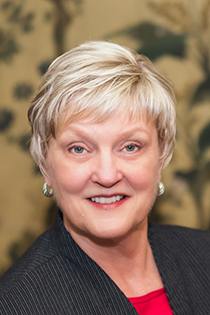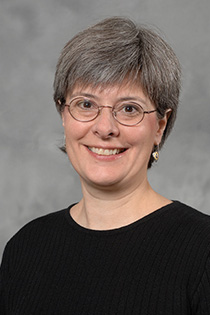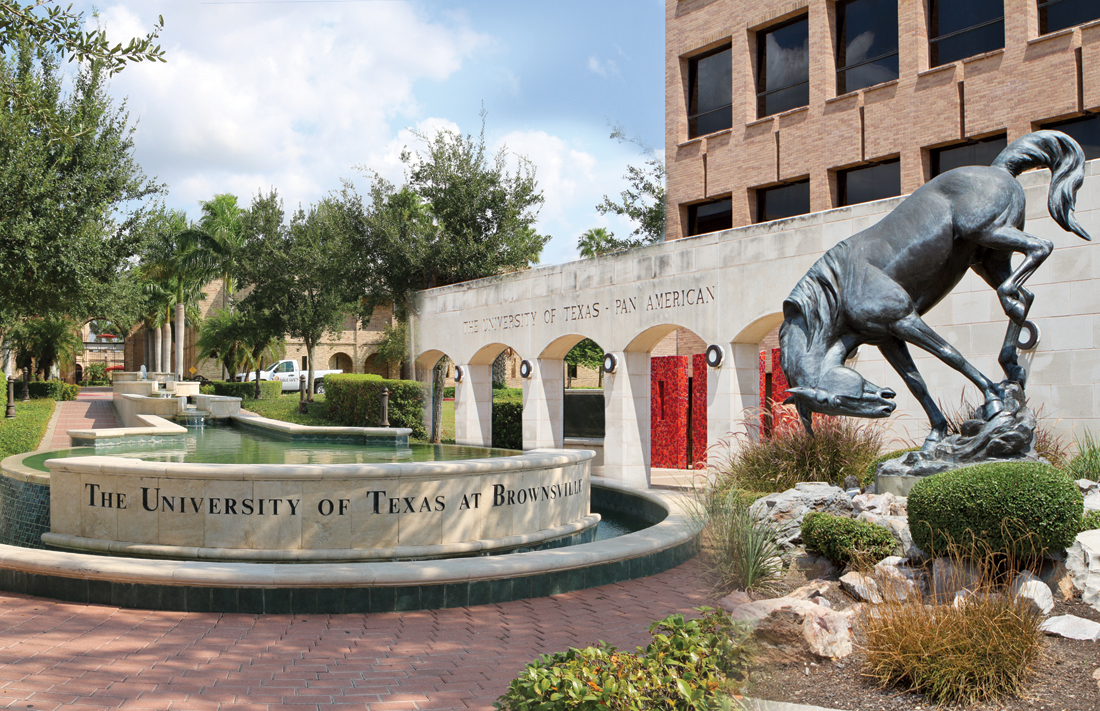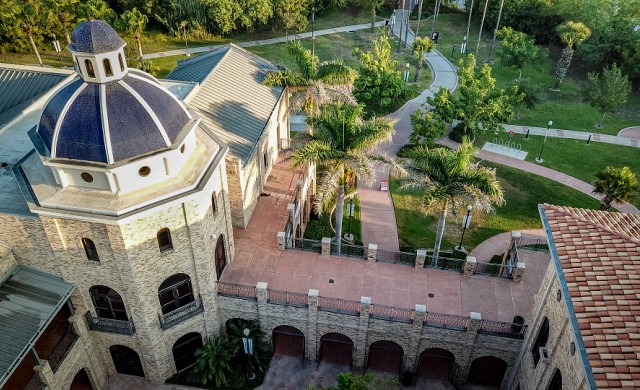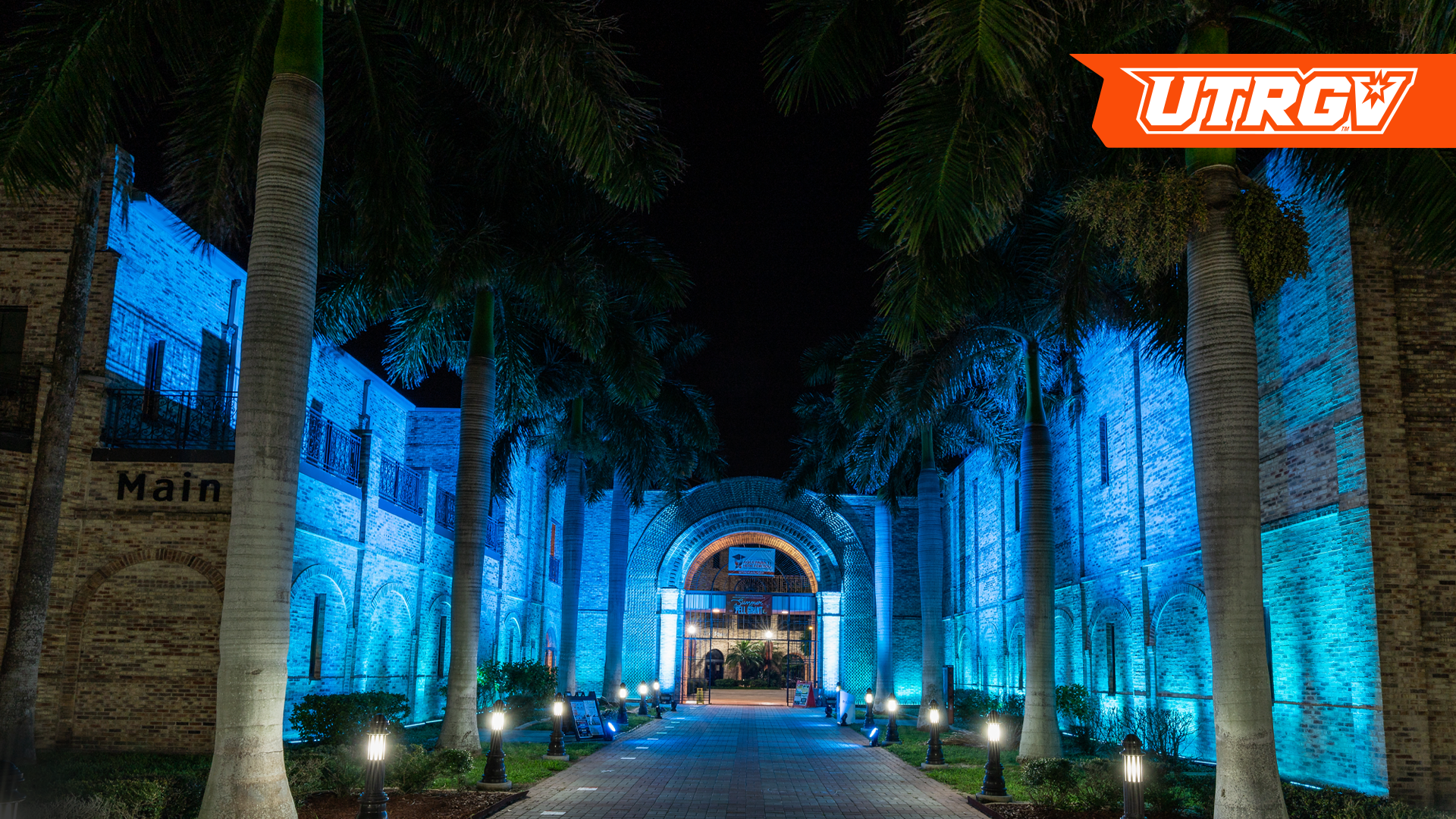2024 Bienniel Convention Sessions
Plenary Sessions
Sine musica nulla vita: The constellation at play in early childhood music education
Tiago Madolozzo
This session explores the role of music in children’s cultures, serving as both a means of expressing and reading the sound and musical world around children. By presenting a comprehensive concept of music in early childhood, this session aims to reflect on the constellation of childhoods that define music education, involving an active, creative and inventive participation of children and adults: teachers and caregivers. Specifically, the session examines the relationship between research theory and pedagogical practice, emphasizing the need for interdisciplinary and collaborative work to enhance understanding and action in early childhood music education. The future of music education for children is discussed in terms of fostering increased connections centered on the multifaceted characteristic of music play. The implications for future practice and research point to the need to create a significant music learning environment focused on children and their cultures.
Sine musica nulla vita: The constellation at play in early childhood music education
Tiago Madolozzo
This session explores the role of music in children’s cultures, serving as both a means of expressing and reading the sound and musical world around children. By presenting a comprehensive concept of music in early childhood, this session aims to reflect on the constellation of childhoods that define music education, involving an active, creative and inventive participation of children and adults: teachers and caregivers. Specifically, the session examines the relationship between research theory and pedagogical practice, emphasizing the need for interdisciplinary and collaborative work to enhance understanding and action in early childhood music education. The future of music education for children is discussed in terms of fostering increased connections centered on the multifaceted characteristic of music play. The implications for future practice and research point to the need to create a significant music learning environment focused on children and their cultures.
Reflecting on a Hispanic Musical Journey: The Making of El Patio De Mi Casa (Virtual Presentation)
Gabriela Montoya-Stier
Gabriela will discuss the events and influences that led to the creation of El Patio De Mi Casa. Participants will also get to sing and play some of the repertoire in her book.
Ballet folklorico workshop
UTRGV BALLET FOLKLORICO
Ballet Folklorico is a collective term used to describe traditional dances from various regions and cultures in Mexico. Ballet Folklorico is a thriving art in Mexico and the Rio Grande Valley. In this plenary session, attendees will learn the traditions of folklorico and how to incorporate these movements with their students
Input your text here! The text element is intended for longform copy that could potentially include multiple paragraphs.
Simultaneous Sessions
Exploring Ghanaian Children's Play Songs, Movement, and Learning Activities
George Blankson
This study investigated the perceptions and practices of Ghanaian elementary school teachers regarding the use of movement as a pedagogical tool to enhance learning in the classroom.
Moving together with Kodály and Orff
Carrie Cruz
This session will include music and movement from a variety of musical styles, languages, and cultures for the children of today and tomorrow using both Kodaly and Orff approaches.
Utilizing the entire school community to supercharge your teaching
Rob Sayer
This workshop provides guidance on connecting with parents and classroom teachers so they can support music learning throughout the week, greatly enhancing your musical impact on the children. Free 6-month access to a library of take-home music and classroom teacher training is provided to attendees
Connecting Music and Language in Early Childhood Education: Music Aptitude, Phonological Awareness, and Morphological Awareness
Victor Lozada
This sequential explanatory mixed methods study found the relationships among music aptitude, and phonological and morphological awareness in 1st-grade bilinguals, which included evidence that active musicking contributed to higher rates of music aptitude and Spanish phonological awareness.
The Magical World of Sally: Exploring Musical Movement Activities in Kindergarten (Virtual Presentation)
Gabriela Montoya-Stier
Participants will explore self-space and share-space sequenced activities in the magical world of Sally. They will travel to the aquarium and the museum and to see the Nutcracker Musical.

Mamas and Music: Results from A Qualitative Study Of Music’s Impact On A Mother’s Mental Health And The Developing Parent-Child Relationship
Amanda Holiday-Bembridge
A study on the use of music between mothers and their children, the impacts on maternal mental health and the successful development of a parent-child attachment relationship, explored from a Polyvagal Theory perspective.
Our musical neighborhood: Combining the work of Fred Rogers and music in early childhood classrooms
Maria O’Connor and Jason Jones
Fred Rogers had a profound impact on children. The Fred Rogers Institute seeks to continue his legacy in the present and future. In this session, participants will learn how his 6 Fundamentals of Learning and Growing can be combined with music and movement to enhance early childhood education.
Making music with Newborns
Tiger Robinson
Join us for this hands-on session about making music with newborns. A free, digital resource will be available to all participants. Specific strategies include bounces, wiggles, tickles, tapping, clapping, finger plays, and providing a musical environment for your newborn.
Empowering adults: Taking the lead in active music making at home
Amanda Holiday-Bembridge and Jessica Eastrigde
As early childhood music educators, it’s essential to cultivate musical understanding and confidence in caregivers, the child's first teacher. By building the caregiver’s understanding of the “why” behind musical activities, we are able better encourage active music-making in the home.
“Como se dice __?”: Songs & Strategies for Making Cross-Cultural Connections with Spanish-Speaking ELL Students in Music Class
Maria O’Connor
Do you struggle to connect with Spanish-speaking students because of a language barrier? Learn strategies to bridge the communication gap and walk away with activities you can immediately blend into an existing curriculum. This is a session for connecting with students, not teaching English skills.
Let’s Play, Dance, and Sing: Developing a Movement Sequence (Virtual Presentation)
Gabriela Montoya-Stier
After exploring self space and shared space activities with Sally, particpants will continue to explore sequenced line game activities and circles games for the kinder and first grade classroom.

Fueling the STEAM Engine with Music!
Deanna Bucci and Farida Peña
Let’s move, groove, and go full STEAM ahead! Elements within the Arts directly support skills needed within Science, Technology, Engineering, and Math. From cause and effect to pattern recognition, this workshop focuses on how to implement music and movement-based activities to fuel STEAM education.
Teacher Perceptions and Practices: Using Movement to Enhance Learning in Elementary Education
George Blankson
This study investigated the perceptions and practices of Ghanaian elementary school teachers regarding the use of movement as a pedagogical tool to enhance learning in the classroom.
Exploring creative movement with preschoolers
Samantha Webber
In this session, we will explore how educators can use elements of movement to encourage creativity in preschool music and
movement classes. Using art, poetry, and children's literature, we will explore concepts including space, awareness of body, time, and force.
Music-making in early childhood: proposals for planning and playing during music classes
Vivian Madalozzo and Tiago Madalozzo
Music education engages a constellation of childhoods at play: the children’s and the teacher’s. In this workshop, we will engage in creative music proposals with Brazilian repertoire while discussing music planning and how music-making can be significant to children in different learning settings.
‘CreActive music listening": questions and thoughts on how children listen to music through movement
Tiago Madalozzo
Music-making in early childhood involves various ways in which children interact with music, such as improvising and composing—but also listening. While numerous educational methodologies offer ready-made proposals containing specific gestures and dictating how children should supposedly listen to music in a school context, this session’s main assumption is that by listening to music children signify and understand the world in a creative way, which leads to a point of tension.
Women in Early Childhood and Elementary General Music Education Research: An Analysis of IJMEC
Christina Svec and Kalliopi Katsiris
The purpose of this study was to examine JRME, CRME, IJMEC, Update: Applications of Research in Music Education, and JMTE from their beginnings until 2021 for the inclusion of (a) early childhood music scholarship, and (b) elementary general music scholarship contributed by women in the field.
The Benefits of Music for Social-Emotional Development in Young Children
Lili Levinowitz
From this session, music educators and early childhood professionals will gain a deeper understanding of the ways in which music and movement can naturally support children’s developing social and emotional learning during the early childhood years. They will also experience music activities that help young children practice social-
emotional skills.
Around the World in 60 Minutes: Enriching Children's Lives with Global Music Adventures
Amanda Soto
Embark on a captivating journey as this presentation promises a whirlwind tour across continents, immersing participants, and young children in the rich tapestry of global music. Through vivid storytelling and melodic demonstrations, participants will explore the diverse rhythms, melodies, and instruments that define cultures worldwide. Soto will weave the 5 dimensions of world music pedagogy through short, interactive activities that will highlight the profound impact of introducing children to such musical diversity, fostering cultural appreciation, empathy, and a broader worldview. Through interactive activities, attendees will leave inspired to infuse their educational and parenting practices with the transformative power of global music, ensuring that every child's journey is enriched by the beauty of our world's musical heritage. Resources and links to the recordings utilized will be provided.
Texas Mexican Musical and Culturally Relevant Experiences for Young Children
Amanda Soto
Step into a world where music tells the stories of generations past and present, where every note carries the essence of Texas Mexican culture. In this dynamic session crafted for children, the magic of music intertwines with the rich tapestry of tradition. Soto will lead participants through the lively sounds of conjunto, Tejano, and mariachi, setting the stage for an immersive journey that they can replicate with their own young students. Interwoven with musical exploration, this session will offer glimpses into Texas Mexican traditions, fostering appreciation for its vibrant heritage. Through playing, singing, dancing, and listening, children will not only discover the beauty of music but also embrace the cultural treasures that enrich their world. Resources and links to the recordings utilized will be provided.
Problem Solvers: Music and Math Make Magic!
Jennifer S. McDonel and David Rivers
The presenters will outline Zero-To-Three.org’s “Problem Solvers” early mathematics curriculum, discussing appropriate integration of mathematics and music learning and production of high-quality, immersive listening experiences using a variety of styles/tonalities/meters. Free resources shared!

